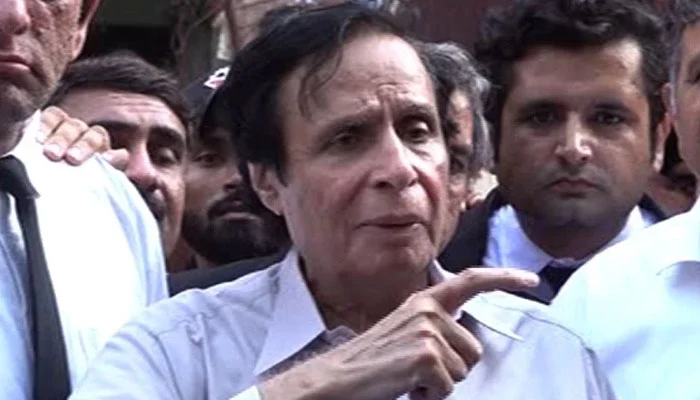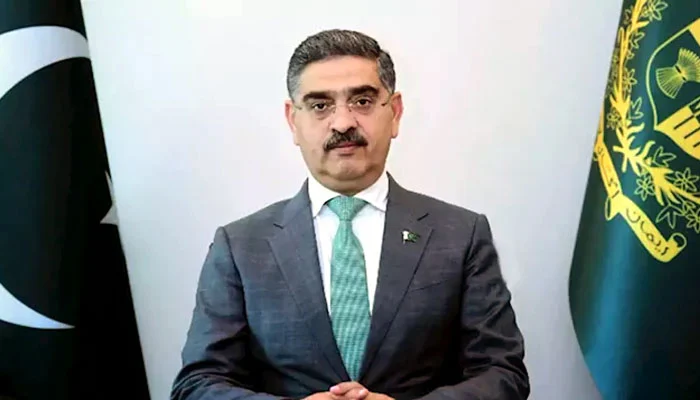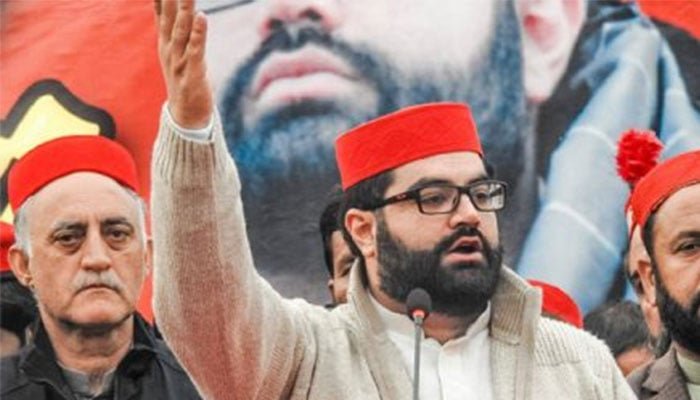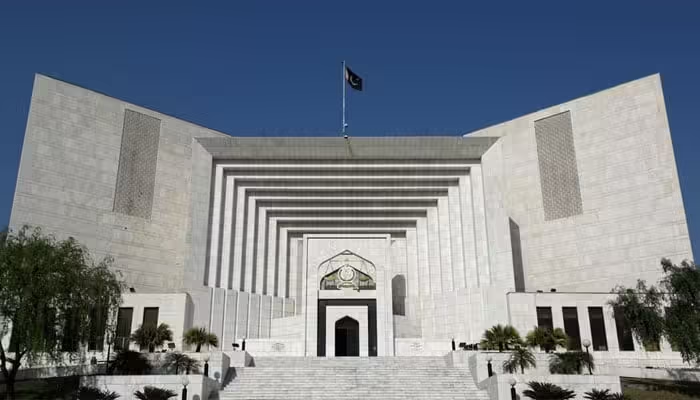During a court appearance in Lahore, Pakistan Tehreek-e-Insaf (PTI) President Chaudhry Pervez Elahi commented on the accountability of Nawaz Sharif and Shahbaz Sharif, emphasizing the need for both to face the consequences of their actions, even after Nawaz Sharif’s return to the UK.
Pervez Elahi expressed his stance that Nawaz Sharif and Shahbaz Sharif should be prepared to be held accountable for their actions in public courts. He asserted that both leaders cannot escape scrutiny, even if they manage to conclude their ongoing legal cases.
Addressing the issue of rising inflation, Pervez Elahi dubbed Shahbaz Sharif as the “emperor of inflation” and predicted that he would face challenges in the upcoming elections. He remarked that despite being in power for 16 months, Shahbaz Sharif failed to achieve anything substantial except excelling in level playing fields.
Pervez Elahi’s comments reflect the ongoing political dynamics in Pakistan, where accountability and political performance are crucial topics. The mention of Nawaz Sharif’s return to the UK after being granted bail has added another layer to the political discourse, with Pervez Elahi urging that this should not exempt him from being answerable for his actions.
The accountability of political leaders has been a key narrative in Pakistan’s political landscape, and the PTI, under the leadership of Pervez Elahi, continues to emphasize transparency and responsibility. The reference to Shahbaz Sharif as the “emperor of inflation” suggests a focus on economic issues, indicating that economic performance will be a significant factor in the upcoming elections.
As political players position themselves for electoral battles, statements and perspectives from leaders like Pervez Elahi offer insights into the ongoing political climate. The call for accountability resonates with a broader public sentiment, emphasizing the importance of transparency and justice in the political system.
, Pervez Elahi’s remarks underscore the continued focus on accountability in Pakistani politics. The statements serve as a reminder that leaders, regardless of their political affiliations, should be answerable for their actions and performance. As Pakistan navigates its political landscape, discussions around accountability are likely to remain at the forefront of public discourse.



